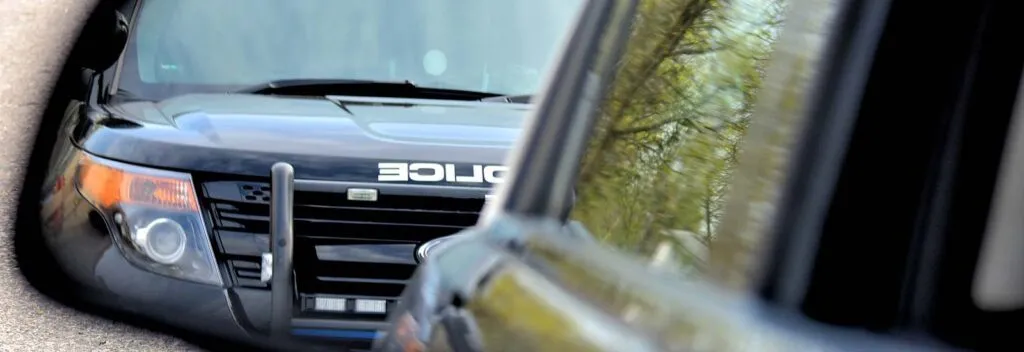
Were you arrested on allegations of intoxicated driving in Massachusetts? You are certainly not alone. Operating Under the Influence (OUI) is one of the most common criminal charges filed in the Commonwealth. Still, an OUI charge is not a small matter. Even a first-time OUI offense in MA can still carry serious criminal penalties, including a one-year license suspension and up to 30 months in a county house of correction.
You may be wondering: Does it make sense to take a plea deal when facing an OUI charge in Massachusetts? The short answer is “it depends”—a plea agreement may make sense, but you may also be better off fighting the charges. WIthin this article, our Massachusetts OUI defense law firm provides a guide to the key considerations when considering a plea agreement when facing an intoxicated driving charge.
Background What is a Plea Agreement?
Also referred to as plea bargain or plea deal, a plea agreement is a negotiated arrangement between a prosecutor and a defendant in a criminal case. Instead of proceeding to a trial, the defendant agrees to plead guilty or no contest to one or more charges.
While the specific terms of a plea agreement vary, the defendant will receive some form of benefit in exchange for their plea—such as reduced charges or reduced penalties. Does a plea agreement make sense in a criminal case? The answer always depends on the specific circumstances. It should be negotiated and evaluated by an experienced Massachusetts criminal defense attorney.
For a free legal consultation, call (781) 740-0800
A Unique Plea Bargain Option for Many First-Time OUI Offenders: Plea > Continuance Without a Finding > Dismissal
A plea agreement can be an especially effective way to address misdemeanor first-time OUI charges in Massachusetts. The Commonwealth recognizes the potential for rehabilitation in these cases. For many people, their first OUI offense is actually their first ever criminal charge. Massachusetts allows many first-time OUI offenders the opportunity to obtain a plea agreement that will allow the charge to be dismissed without a formal conviction.
The process starts with a guilty plea. Instead of entering a judgment, however, the court can opt for a “Continuance Without a Finding” (CWOF). Under CWOF, the defendant is placed on probation with specific conditions like alcohol education programs. If the offender successfully completes the probation period without any violations, the charge is ultimately dismissed. This avenue provides a chance for offenders to avoid the long-term consequences of a criminal conviction while ensuring they receive the necessary guidance to prevent future infractions.
What to Expect from this Type of Plea Agreement in a First-Time OUI Case
What actually happens if you agree to plea bargain a first-time OUI charge through a Continuance Without a Finding? The answer depends on several factors, including your conduct in the year following the plea agreement. Here is a basic overview of the most important things you need to know about first-time OUI plea bargains and CWOF in Massachusetts:
- You May Get Your Case Dismissed: Once you enter your plea bargain, you will be placed on a one year probationary period. If you go that year without facing any other criminal charge, your first-time OUI offense can be dismissed without a formal conviction. However, if you fail to live up to the terms of probation, your first-time OUI offense could become a criminal conviction.
- You Will Have to Pay Fines: There are financial consequences that come with a plea bargain and a Continuance Without a Finding in a first-time OUI case. For most people, the total fines and court fees will be around $1,400. There are certain surcharges that will apply as a matter of law.
- You Must Attend Alcohol Education Courses: As part of this type of plea bargain, you will generally be required to attend 32 hours of alcohol education courses over the period of 16 weeks. You must complete all educational requirements in order to get your charge dismissed at the conclusion of the process.
- Your License Will Be Suspended, But Hardship May Be Available: Your license will be suspended for a relatively brief period of time. Most often, the suspension for a first-time OUI charge with a plea agreement will be 45 days to 90 days. Most people can qualify for a special purpose hardship license during this period so that they can still drive to work or drive to school.
- No Conviction on Record, Charge Can Be Sealed: A great thing about this type of plea agreement in a first-time OUI case is that no formal conviction will be entered on your criminal record. Assuming you complete all of the terms, your case will be dismissed without a conviction after one year. Your Massachusetts criminal defense lawyer can help move to seal your arrest records.
Click to contact our criminal defense lawyers today
A Plea Agreement is Not Always the Right Option: An Attorney Can Help You Fight Charges
While the plea agreement route offers a lenient outcome for first-time OUI offenders, it may not be the best option for every person. Indeed, each OUI case is unique—and sometimes, the evidence might be in your favor. An experienced Massachusetts OUI defense attorney can critically evaluate the nuances of your case, guide you on the best course of action, and, if necessary, advocate for you in court. Before automatically accepting a plea agreement, consult with an attorney.
Complete a Free Case Evaluation form now
Contact Our Massachusetts, MA OUI Defense Lawyer for a Confidential Consultation
At Nate Amendola Defense, our Massachusetts OUI defense attorney fights for justice. If you or your loved one was arrested and charged with an OUI, we are here as a resource. Contact us today to set up a completely confidential, no obligation consultation. We defend OUI charges in Plymouth County and throughout the surrounding communities in the Commonwealth, including in Boston, Braintree, Quincy, Dedham, Taunton, Marshfield, and Hanover.
Call or text (781) 740-0800 or complete a Free Case Evaluation form


